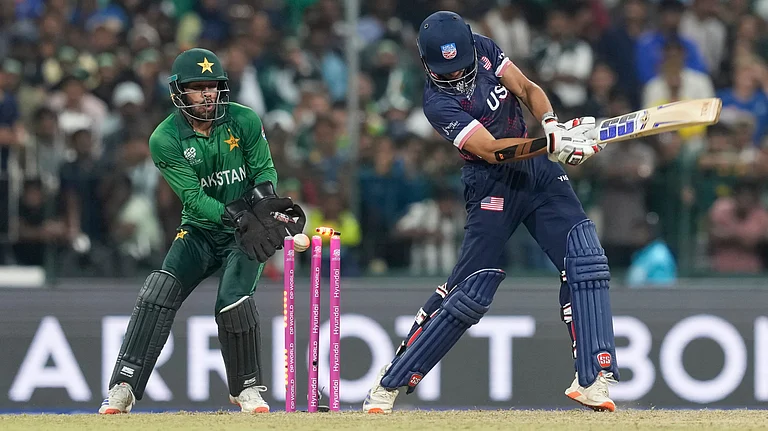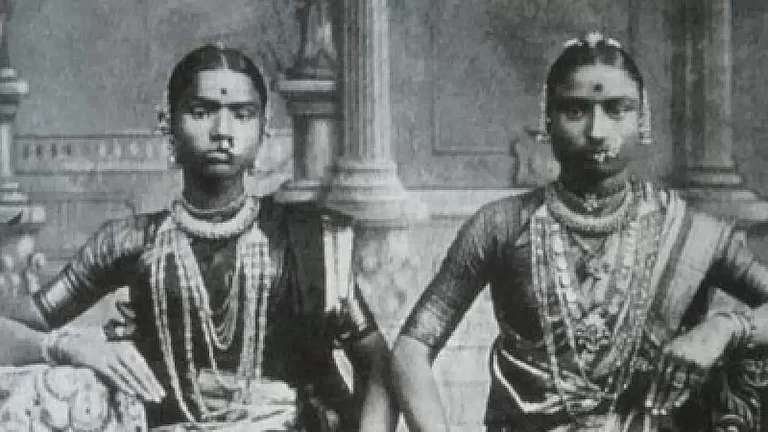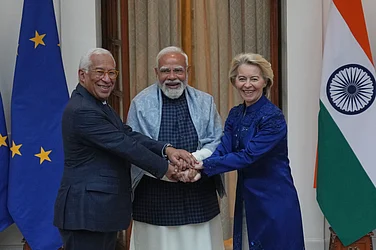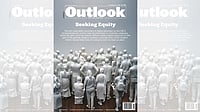Recognising historical injustices underscores the crucial role of legal reform and the need for a just and inclusive legal system to address past wrongs, Chief Justice of India DY Chandrachud recently said, calling for the rejection of “caste elites” using affirmation action to dismiss issues of caste inequalities.
“Even the slightest success of affirmative action is used by the caste elites to dismiss the issues around caste inequalities. Arguments are advanced that just because affirmative action is being provided, structural issues of discrimination don’t exist any more. Such binary narrations must be rejected,” the CJI said during his keynote address at the Sixth International Conference on the ‘Unfinished Legacy of Dr. B.R. Ambedkar’ at Brandeis University, Waltham, Massachusetts, in the US.
He said the legal framework has been “frequently weaponised to systematically oppress and marginalise certain communities”, citing examples of a few Supreme Court judgements, reported Bar & Bench. He underscored the need for judges to be cognisant of social realities as law itself does not exist in a vacuum.
"Law as an institution was used to maintain existing power structures," he said, noting that marginalised social groups have been subjected to "horrendous wrongs" throughout history.
The CJI highlighted the idea of constitutionalism of Ambedkar, who headed the committee tasked to frame the Indian Constitution, and said it was instrumental in transforming Indian society by dismantling deeply entrenched caste hierarchy and promoting social, economic and political empowerment of marginalised groups.
"Ambedkar’s legacy continues to shape the constitutional values of modern India, serving as a beacon for social reform and the pursuit of justice for all,” he said and quoted Ambedkar, adding, “However bad a Constitution may be, it may turn out to be good if those who are called to work it happen to be a good lot.”
During his US trip, the CJI was also felicitated with the 'Award for Global Leadership' by the Center on the Legal Profession, Harvard Law School.
He was present at the Harvard Law School on Saturday for a fireside chat with David Wilkins, Professor at Harvard Law School and Faculty Director, Center on the Legal Profession.


























